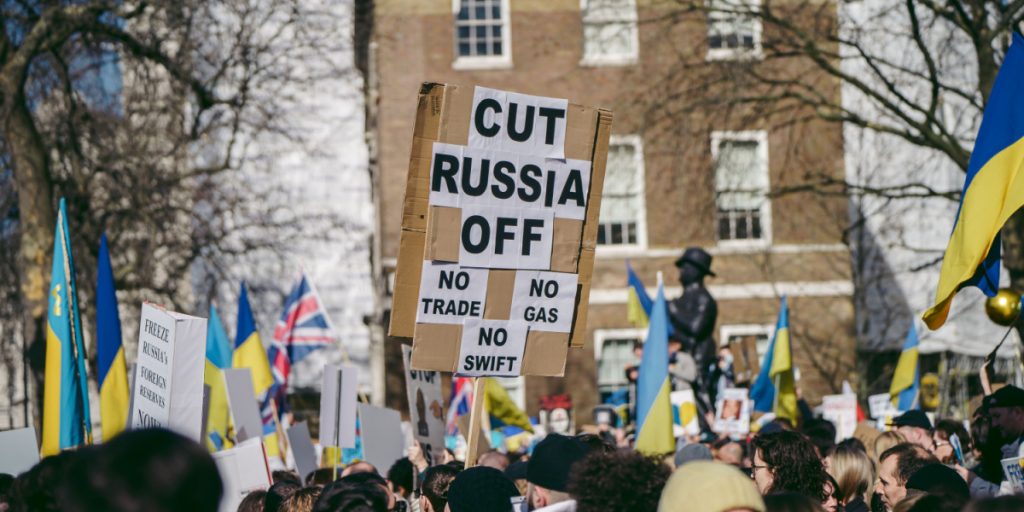Hungary has reportedly slowed the implementation of new sanctions.
Others are reading now
Vladimir Dzhabarov, the first deputy chairman of the Federation Council’s Committee on Foreign Affairs, has criticized the European Union’s sanctions against Russia, arguing that they primarily harm the EU itself.
Continue to Trade With Russia
His comments come in response to the EU’s discussions about tightening sanctions on Russia.
“They are fooling themselves and think the rest of the world doesn’t see it,” Dzhabarov stated. He claimed that despite the sanctions, European countries continue to trade with Russia, especially in energy.
“They are buying more of our energy resources than before the sanctions. Take the Czech Republic, for example—they are selling large quantities of weapons and have purchased five times more of our petroleum products.” he said according to Lenta.
Also read
Hungary Slows Implementation of Sanctions
According to Dzhabarov, European nations have found ways to bypass sanctions while maintaining the appearance of aligning with U.S. policies. He believes the sanctions will have a more pronounced effect on the EU this winter, as Europeans face colder homes and reduced electricity for their factories.
The senator’s remarks follow reports that the EU plans to revisit the issue of tightening sanctions against Russia in January, once Hungary’s presidency of the Council of the European Union concludes.
Hungary, which has maintained a more moderate stance towards Russia, has reportedly slowed the implementation of new sanctions.
In September, Kirill Logvinov, Russia’s acting permanent representative to the European Union, predicted that the EU might prepare a new sanctions package but noted that it would be difficult to finalize before the end of the year due to Hungary’s leadership.
He added that when Poland takes over the EU presidency in January 2025, there will likely be a renewed push for tougher sanctions against Russia.


